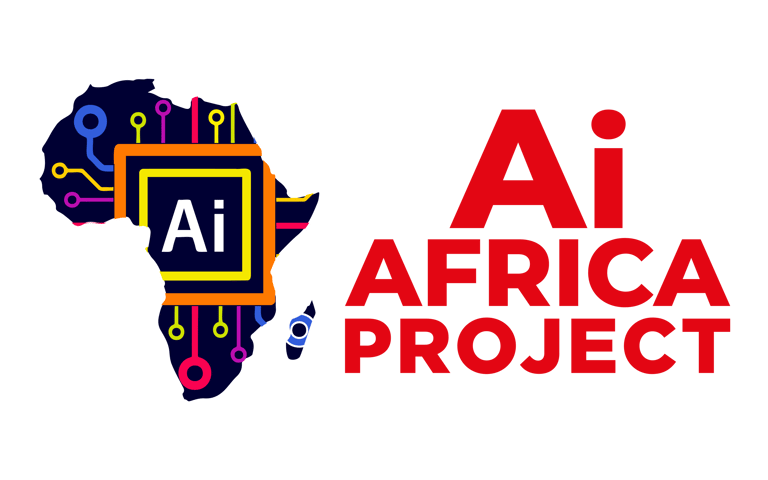Research Case 3: Horticulture (Fruits, Vegetables, Flowers)
1. Sector Description
Horticulture encompasses the intensive cultivation of high-value perishable crops such as fruits, vegetables, and ornamental flowers. It plays a crucial role in food security, nutrition, export earnings, and employment—especially for women and youth in rural and peri-urban areas. Despite its potential, the sector faces post-harvest losses of up to 50%, driven by poor logistics, market asymmetries, and lack of climate-resilient practices.
2. Countries with Significant Resources
Fruits and Vegetables: Nigeria, Ghana, Ethiopia, Egypt, Kenya, Morocco, South Africa, Uganda, Tanzania.
Flowers: Kenya (global leader in cut flower exports), Ethiopia (second-largest flower exporter in Africa), Rwanda, Tanzania, Zimbabwe.
3. AiAfrica Research Focus and AI Applications
The AiAfrica Research Lab for Horticulture is leading innovation in precision agriculture and supply chain digitization. Research efforts are centered around:
Computer Vision Models for grading tomatoes, avocados, mangoes, pineapples, and floriculture products to meet export standards.
AI Forecasting Tools that predict price and demand trends using weather data, market fluctuations, and trade volumes.
Autonomous Monitoring Systems using drones and AI for greenhouse climate control, pest detection, and harvest readiness.
Cold Chain Optimization Algorithms for routing and packaging to reduce spoilage during transport.
The lab collaborates with horticulture exporters and cooperatives across Kenya, Ghana, and Morocco to deploy real-time, AI-powered mobile tools for farmers and traders.
4. Proof of Value and Potential Impact
In Kenya, integration of AI grading systems in flower farms has improved sorting accuracy by 35%, helping producers secure premium EU export contracts.
A pilot project in Morocco using AI to manage irrigation schedules in citrus orchards resulted in a 28% reduction in water use with no yield compromise.
In Ghana, a computer vision mobile app developed under AiAfrica Lab increased the shelf-life classification accuracy of tomatoes, leading to 20% fewer rejections in urban markets.
A vegetable pricing app in Nigeria, trained on 3 years of market data, enabled farmers to anticipate peak prices and earn up to 15% more per crate during seasonal highs.
5. Eligibility to Join the Research Lab
To qualify for the Horticulture Lab, applicants must:
Be graduates or professionals trained under the AiAfrica Program in sectors including Agritech AI, Climate AI, or Supply Chain AI.
Demonstrate interest or background in horticultural science, agribusiness, or export value chains.
Participate in team-based prototyping or applied field testing, such as using AI for export compliance, packaging logistics, or disease prediction models.
Join our Team : https://chat.whatsapp.com/BDCozak2iDLDpRgMndsRT6
Empowering Horticulture for Sustainable Growth
We focus on enhancing horticulture practices to reduce post-harvest losses and improve food security across Africa, particularly in fruits, vegetables, and ornamental flowers.


Horticulture Projects
Focusing on sustainable practices to reduce post-harvest losses.


Fruit Cultivation
Enhancing logistics for better fruit market access and quality.


Vegetable Farming
Improving climate resilience in vegetable production and distribution.




Flower Production
Boosting flower exports through innovative horticultural techniques.
Research Initiatives
Exploring new methods for sustainable horticultural practices.
→
→
→
→
The horticulture sector has transformed my community, boosting food security and providing jobs. The quality of fruits and flowers is exceptional, making a significant impact.
John Doe

★★★★★
Cultivating Horticulture
Empowering communities through sustainable practices in fruits, vegetables, and ornamental flower production.
Empowerment
Training youth and women for digital leadership.
CALL / WHATSAPP LINE
+233 559 853 572
© 2025. All rights reserved.
Conclusion: A $6 Trillion Opportunity Powered by AI
A 2023 analysis by the African Development Bank projects that full value chain development across Africa’s natural resource sectors could unlock over $6 trillion in cumulative economic value by 2040. AI will be instrumental in capturing this value through enhanced productivity, precision forecasting, climate resilience, and knowledge transfer.
The AiAfrica Project provides a unique opportunity to position African researchers and innovators at the forefront of this revolution. By establishing dedicated research labs, training centers, and AI deployment strategies across the 50 sectors, Africa can not only leverage its natural wealth but also secure its rightful place in the Fourth and Fifth Industrial Revolutions.
